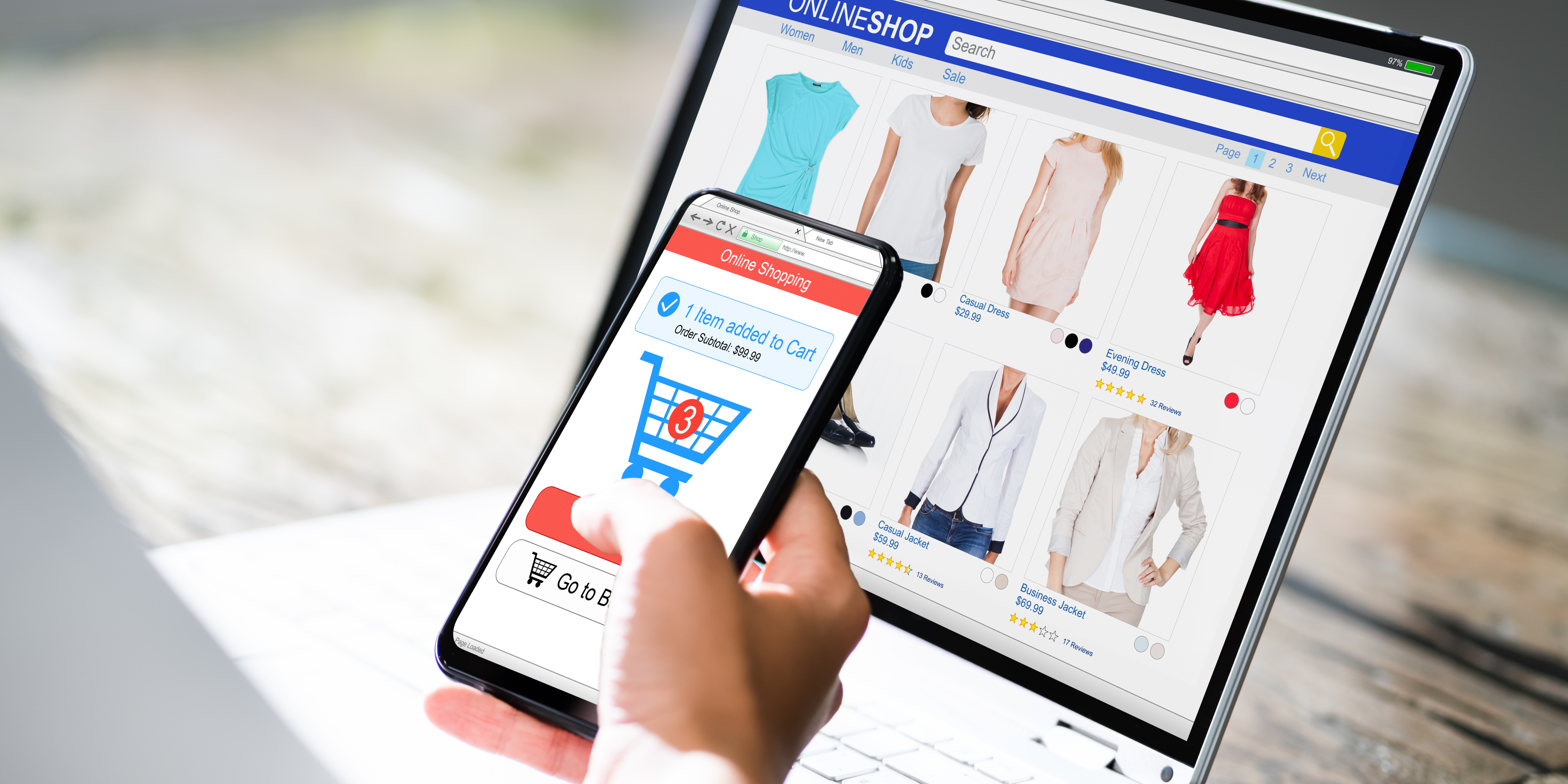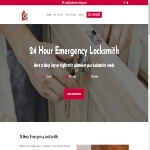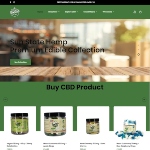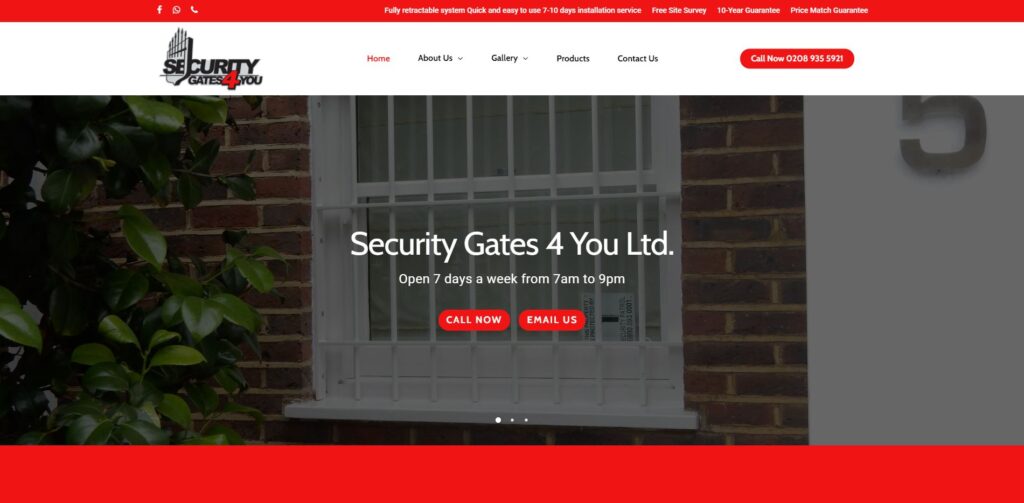Having well-optimised page links is great, not just for user experience but also for search engine optimisation (SEO). Search engines like Google place a close eye on many factors when it comes to their ranking process. Your website’s URL is a big variable in this process. Just like page titles, your URL helps users (and search engines) understand what your webpage is all about.This helps potential visitors understand the content of your page beforehand, and it also allows Google to suggest your website where needed. This is why your page links and URLs would always be well-structured, enticing, and accurate.
It can be hard to go about making your link SEO-friendly if you don’t know where to start. We’ve put together this blog to give you a few tips on how to create SEO-friendly links to improve your ranking. Read on to learn more.
How To Create SEO-Friendly Links
For a more holistic approach to creating SEO-Friendly URLs, it is important to keep these 8 factors in mind:
-
Define Your Content:
When an individual reads your page’s URL, they should be able to understand your web page’s content based on the phrases or terms in the URL.
-
Using Keywords in Links is a Good Practice:
Since search engine crawlers do not give as much significance to keywords toward the end of the text, every web page should be optimized around one keyword. The keyword should also appear in the URL since it is important to put the most important keywords at the beginning of the URL.
-
Use Hyphens to Separate Words
It is important for both user readability and SEO to use hyphens to separate words in URL phrases. In URLs, Google recommends using hyphens (-) instead of underscores (_) since underscores are not viewed as words, and hyphens are considered spaces between words.
-
Use Lower-Case Letters For URLs:
Try to use only lower-case letters in your links. Search engines find it hard to read URLs with a mix of upper-case and lower-case letters. This means that Google can duplicate your links and you’ll lose out on a higher ranking.
-
Keep Your Links Short And Simple:
As we mentioned earlier, your URL should be just the right amount of descriptive. This means it should be brief, but informative of the type of content your page contains. On top of this, it’s also easier to read a shorter link, and it makes it better for search engine crawlers to crawl your space accurately. Try not to use too many similar words in your links as it comes off as “keyword stuffing”, which actually has a negative impact on your ranking.
-
Keep Your URLs Static:
It’s advised to use non-changeable and static URLs as far as you can. These URLs and links stay constant during every page load. To make your URLs more static and understandable, try not to use unnecessary characters like “+”, “?”, and “&”. These are characteristic of dynamic URLs.
The reason it’s important to use static links is that it’s easier for both search engines and users to read. This doesn’t necessarily mean you can’t use extra parameters in links you aim to post to social media. Just try to avoid hard-coded dynamic URLs directly on your site and you should be fine. -
Maintain Caution With Subdomains:
Search engines tend to see subdomains as separate entities from their primary domains. This plays a huge role in your overall SEO. It affects your link-building and trust value greatly. If you don’t have a pressing need to use a subdomain, you should use subfolders instead. You can better optimize your links this way.
For example, http://www.example.com/topic is an optimized URL, while http://topic.example.com is not. -
Keep Your Folders At A Low For URL Structure:
Your website’s URL and page links shouldn’t have an unnecessary clutter of folders. Use just the right amount of characters and folders needed. It’s best to keep your site structure as flat as you can, to make it less jarring for users and search engines alike.
See how our agency can drive massive amounts of traffic to your website
SEO :
Unlock massive amounts of SEO traffic see real results.
Content marketing :
Our team creates epic content that will get shared, get links, and attract traffic
Paid media :
Effective paid strategies with clear ROI.
Conclusion
We hope this blog helped you understand how to create SEO-friendly links. With these simple tips, you can rank much higher on SERPs (search engine results pages) and get more visitors. This will ultimately lead to a higher conversion rate, and more sales on your products and services. Keep in mind that one of the main components of URLs and SEO is usability. Always cater to your consumers.
Another thing to note is that Google tends to change up the rules every now and then. The SEO world is subject to important changes, so you’ll want to keep up to date with them. You can visit our blog for important updates and news.
As a business owner, you must be busy focusing on your primary business goals. Your company’s digital marketing shouldn’t be an added stress to you. Let us help you.
Here at Explosion Digital, we offer amazing digital marketing services that our clients can attest to. Contact us and we can help you Explode into the Digital World.
We hope you enjoy reading this blog
If you need our expertise please book a meeting with us.











